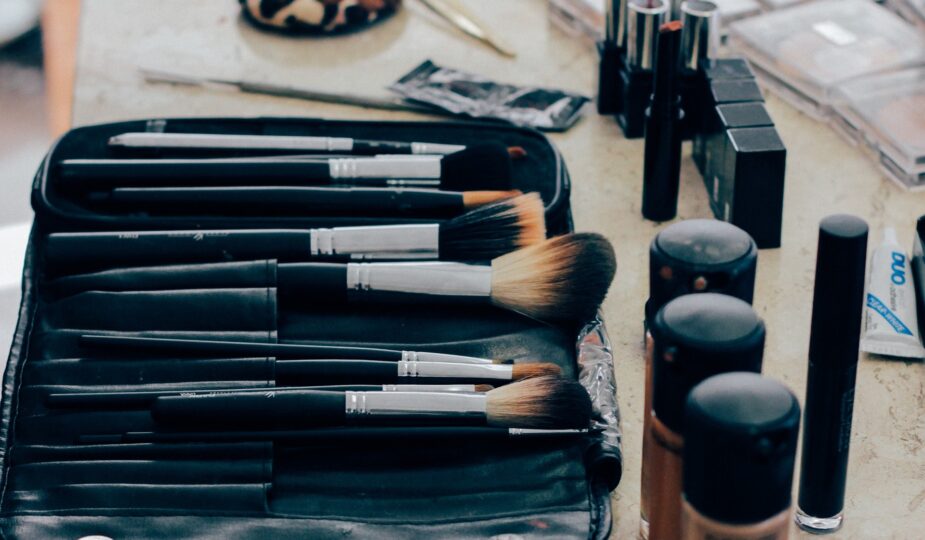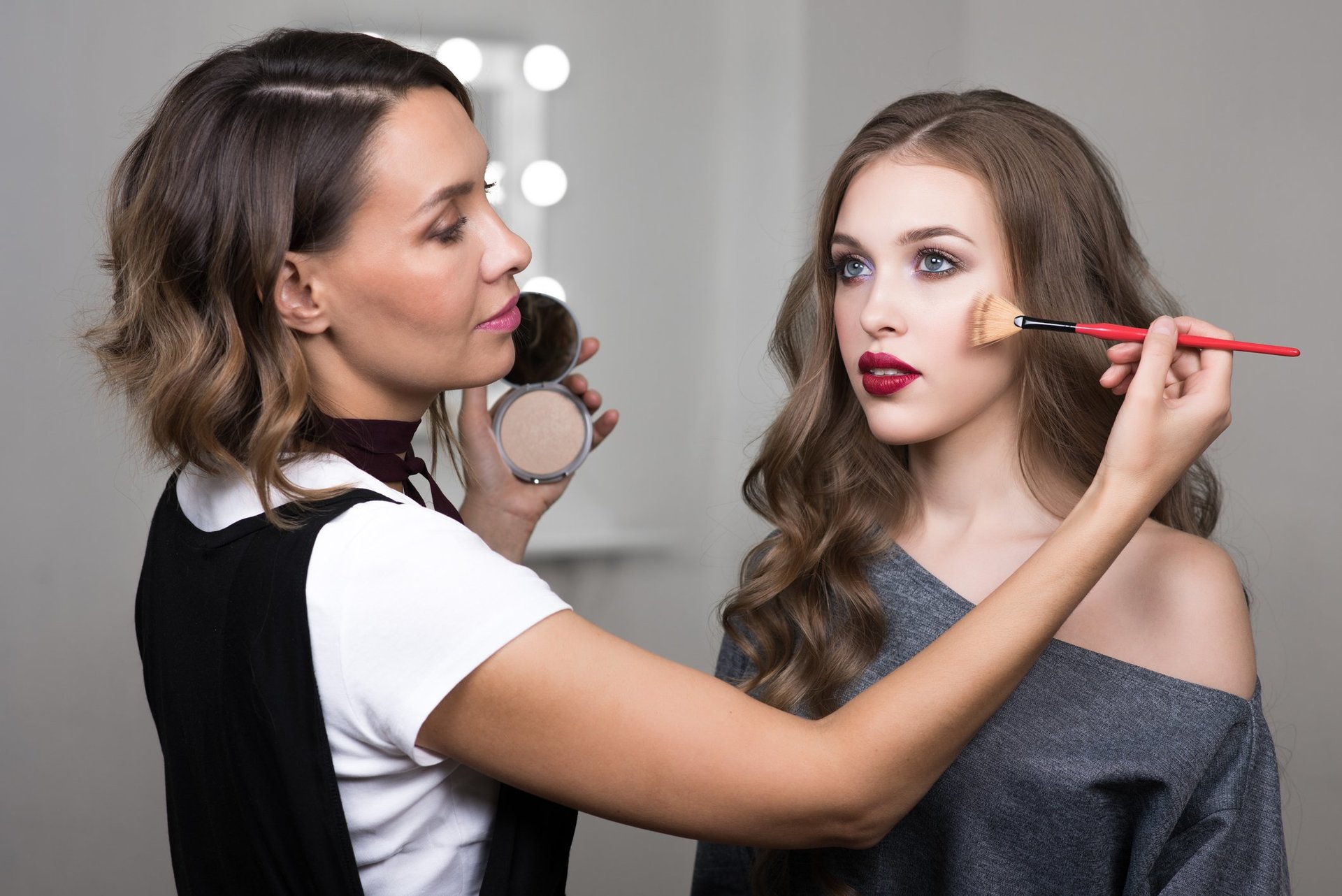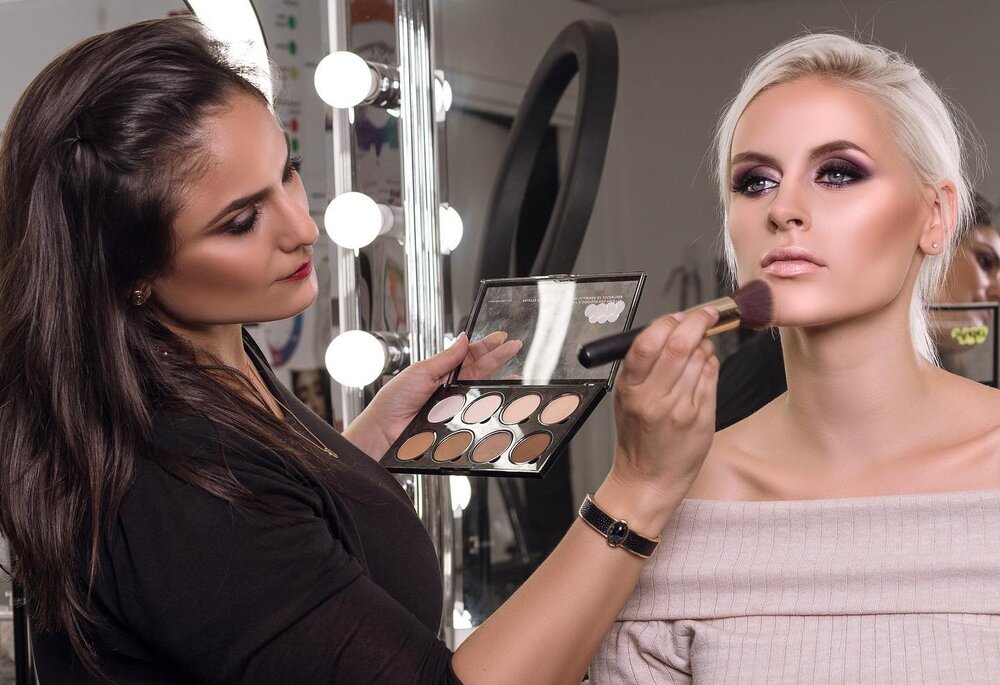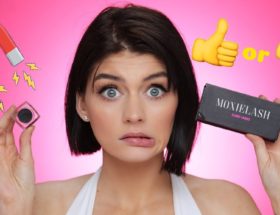
How to Become a Makeup Artist
Are you passionate about makeup and want to make a career out of it? Good choice! If you work hard and make the right decisions, you’ll be working in a dynamic industry, get to meet celebrities, experiment with different looks and enjoy all the glitz and glamour your dream job has to offer.
But how do you get started? How do you go from makeup enthusiast to professional? Keep reading to find out.
Developing Your Skills – Practice, Practice, Practice
As with any skill, you’ll need practice to get better at it. In the beginning, you’ll mostly be practicing on yourself. You can follow makeup vloggers on YouTube or Instagram and learn from their tutorials. You can also follow the latest trends and try them. But remember that although this is a good starting point, applying makeup on someone else takes a different set of skills. You’ll need to learn how to work with different types of skin, skin colours, eye colours and face shapes. Ask your friends to let you do their makeup. You’ll also need to start putting together your makeup kit – brushes, eyeshadow palettes, lipsticks, eyebrow pomade, concealer, foundation etc. The first ones can be drugstore brands. It’s ok. As you advance in your career, you can get more expensive products.

If possible, you’d also benefit from getting a job at a makeup counter in a local beauty store or the mall. You’ll have access to a broader range of products so you can learn on which ones to splurge and where you can save. Once you become a professional makeup artist, your choice of products will reflect on your abilities and dedication. Poor quality products simply won’t attract the high-quality jobs you want.
By working at a beauty counter, you’ll also get a chance to work with different personalities. Your friends are likely to be nice and polite even when they’re not too thrilled with how you did their makeup. At a makeup counter, you’ll get to interact with difficult people as well, which is a positive thing because you’ll learn how to handle these situations. Customer service is an important aspect of being a makeup artist, and you want as much exposure and experience as possible.
Get Formal Training
If you’re really serious about becoming a makeup artist, you should consider getting formal training at a beauty school. Although makeup artistry is not a licensed profession, so you don’t need a certificate to practice it, it will still give you a considerable boost when looking for jobs. It’s a very competitive field. Programs can vary between a few months to two years, and you’ll get valuable knowledge and hands-on experience in makeup techniques for bridal makeup, fashion photography, theatre, television and film. When it comes to television and theatre, you’ll also learn about lighting, production and how to incorporate prosthetics in your makeup.
You’d also benefit from getting a degree in cosmetology. The programs tend to take longer (1,500 -2,000 hours or between one and two years), and you’ll have to take a cosmetology licensing exam, but you’ll be diversifying your skills into hair, nail and skin care which allows you to work at beauty salons, have access to a bigger network of clients and earn a higher income.
Even while you’re going to beauty school, you should start networking, find a mentor, take on as many gigs as possible and start working on your portfolio. This will help immensely once you graduate.
Market Yourself
We already mentioned your portfolio, but since it’s such an important topic, it’s worth getting into more detail. While you’re attending beauty school, you’ll get to work in a school salon. You can take pictures of your work to add to your portfolio. Ideally, the pictures should be of high quality. You can also collaborate with photographers and models who are in the early stages of their careers so you can all work on your portfolios together. Include a variety of styles. It will serve to show prospective clients that you’re skills are versatile so you can adapt to the looks they need.
This portfolio should exist both in print and online. Thanks to the internet, you can reach a much wider audience and generate income from more sources. You can create your own website where you showcase your work, but don’t stop there. Social media has had a massive impact on the makeup industry, and you can use it to network and generate further job opportunities. You can also upload makeup tutorials on YouTube and grow a fan base. You’ll get extra income, and it might lead to valuable contacts in the industry. You have to think of yourself as a brand and market your services accordingly.

Be Professional at All Times
After you graduate, your degree and the work you did while you were studying will help, but you’ll still be working on your portfolio so you won’t get as many jobs as later on. At this stage, take anything you can get. It will add up and push you forward. Even when you‘re not that excited about a gig, stay professional at all times. Even if you’re tired or have something going on in your personal life, be on time, be reliable and easy to get along with. Remember that this job is in part customer service, so don’t be a diva even if your customers are. Once you start building a lucrative social network, you can afford to choose your clients. In the meantime, tell yourself that the worst jobs will make the best stories once you reach success.
You can also volunteer your services for local theatre performances and independent films. You’ll get credited work to add to your portfolio, something to write about on social media, and you’ll have a chance to meet other artists from the film and theatre industries. Most makeup artists are employed in these two sectors. You’ll get to do many types of makeup from natural to imaginative special effects. If you so travel for work a lot at the beginning then consider a travel makeup kit.
Once you get good at working under pressure, you can try getting gigs in the fashion industry for runway shows or fashion shoots. It’s very exciting but also stressful, and you’ll have to work quickly in cramped backstage areas or outdoors in all kinds of weather.









